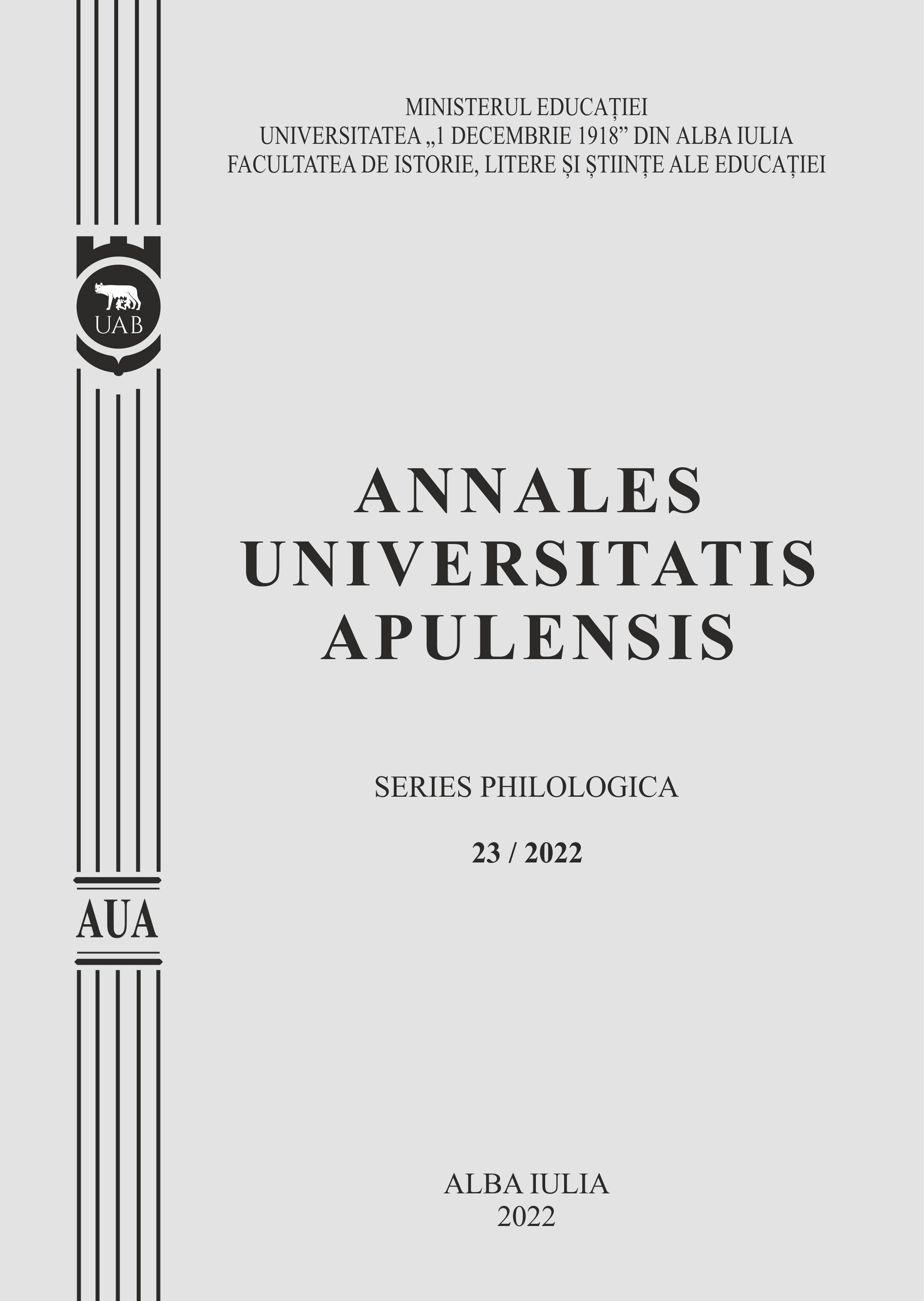TOTALITARIANISM AND ANTI-INTELLECTUALISM IN RAY BRADBURY’S “FAHRENHEIT 451” (1953)
TOTALITARIANISM AND ANTI-INTELLECTUALISM IN RAY BRADBURY’S “FAHRENHEIT 451” (1953)
Author(s): Adina CampuSubject(s): Language and Literature Studies, Studies of Literature, Comparative Study of Literature, American Literature
Published by: Universitatea »1 Decembrie 1918« Alba Iulia
Keywords: Dystopian; totalitarianism; anti-intellectualism; post-apocalyptic; warning;
Summary/Abstract: This paper analyzes the novel “Fahrenheit 451” (1953) written by American writer Ray Bradbury. It is a dystopian piece of writing, set in a post-apocalyptic America, that seeks to warn against what might happen if the tendencies dominating American society of that era would not change. The novel should be regarded as a reaction against censorship practices established during the McCarthy era and against the rapid development of technology that led to television and advertising having a strong influence on American population, especially the younger generation. The entire novel is permeated by a deep concern about the negative effects of totalitarianism and the suppression of intellectual pursuits that characterize the society depicted by Bradbury. The paper provides an analysis of the totalitarianism and anti-intellectualism displayed in the novel. The conclusion is that there is a high degree of idealism in Bradbury’s optimism regarding the ability of intellectuals and book lovers to create a new, reformed society. At the same time, contemporary democracies with their current characteristics –preference for comfort, contempt for argumentative debates and obsession for political correctness – might, one day, produce totalitarian elements themselves.
Journal: Annales Universitatis Apulensis. Series Philologica
- Issue Year: 23/2022
- Issue No: 1
- Page Range: 224-232
- Page Count: 9
- Language: English

